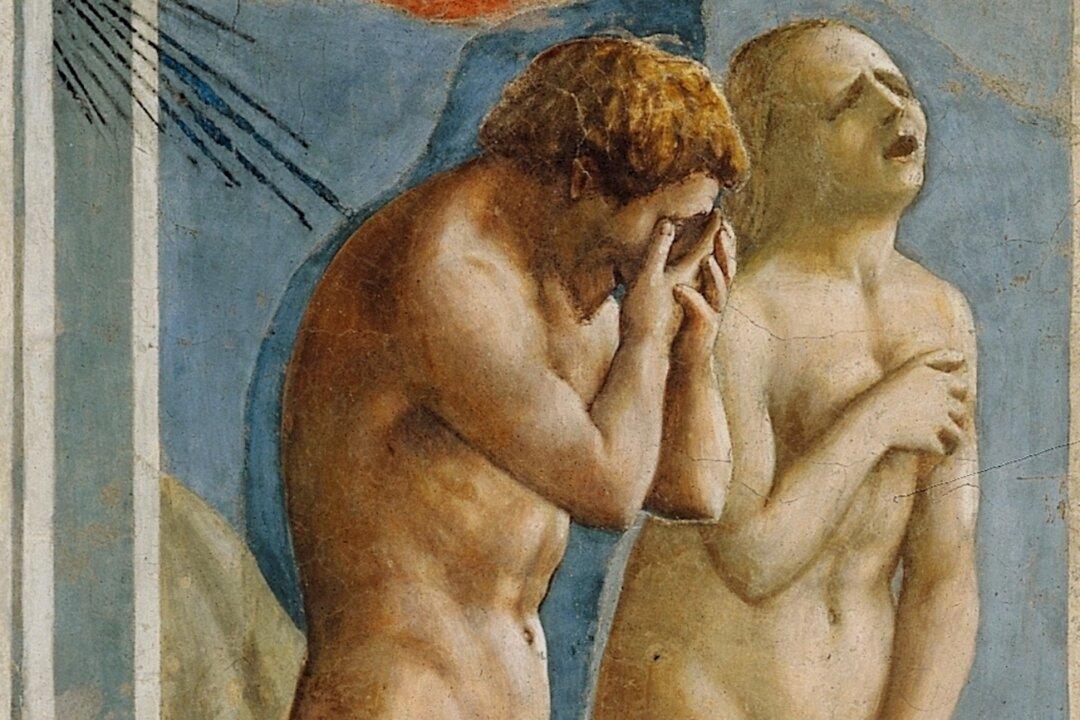According to legend, the apostle Peter was fleeing Rome and Emperor Nero’s persecution of Christians when he met Jesus walking toward the city.
“Domine, quo vadis?” Peter asked in astonishment. “Lord, where are you going?”

“Domine, quo vadis?” Peter asked in astonishment. “Lord, where are you going?”